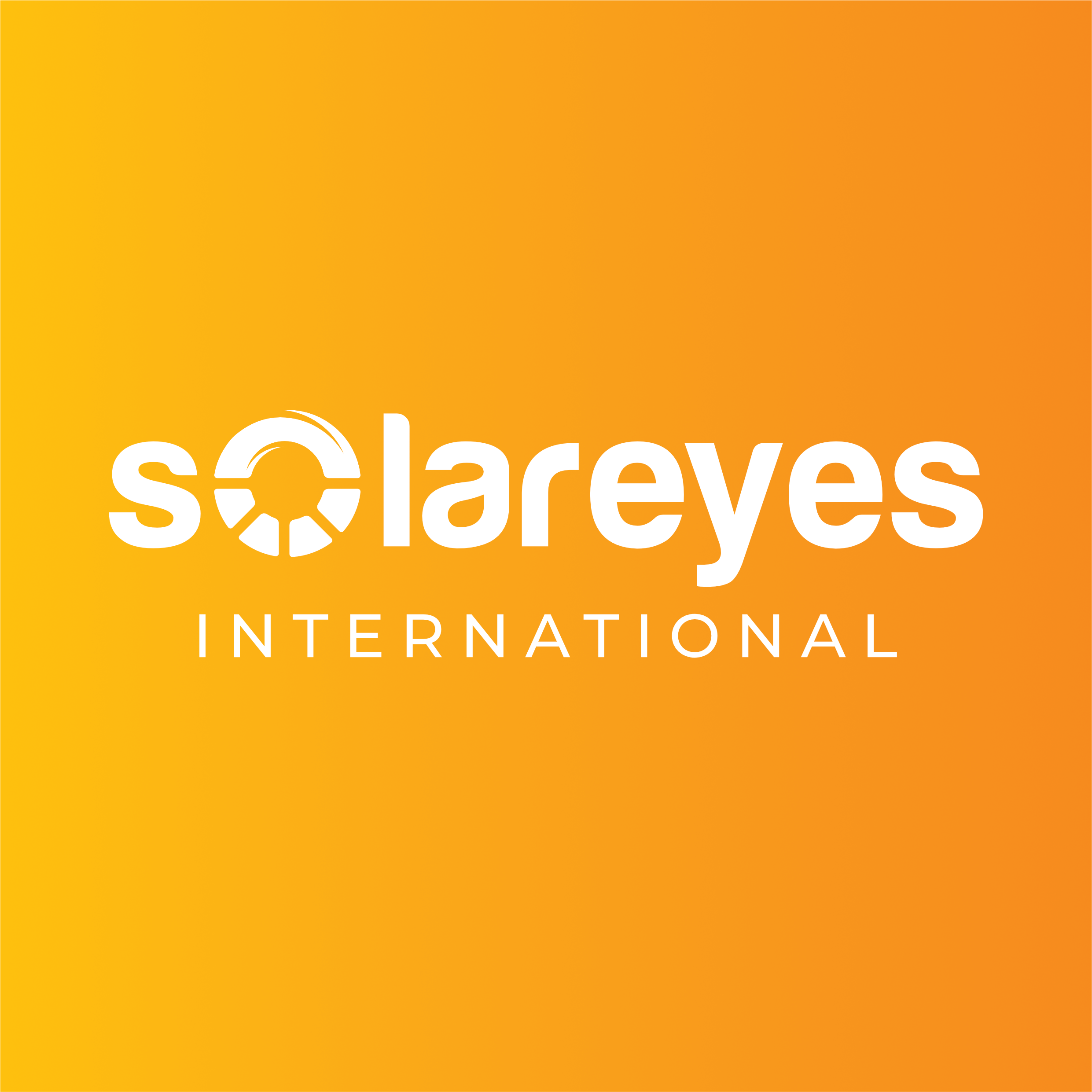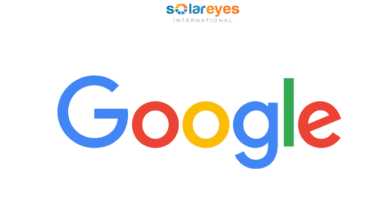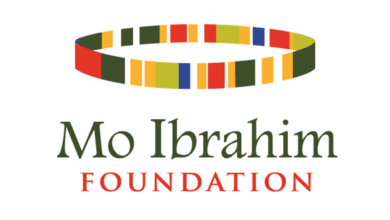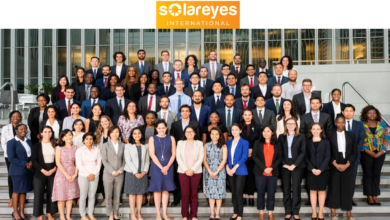Postdoctoral Fellowship on Building Integrated Photovoltaic (BIPV) Carbon Footprint – University of Fort Hare and CRSES, South Africa
Postdoctoral Fellowship on Building Integrated Photovoltaic (BIPV) Carbon Footprint - University of Fort Hare and CRSES
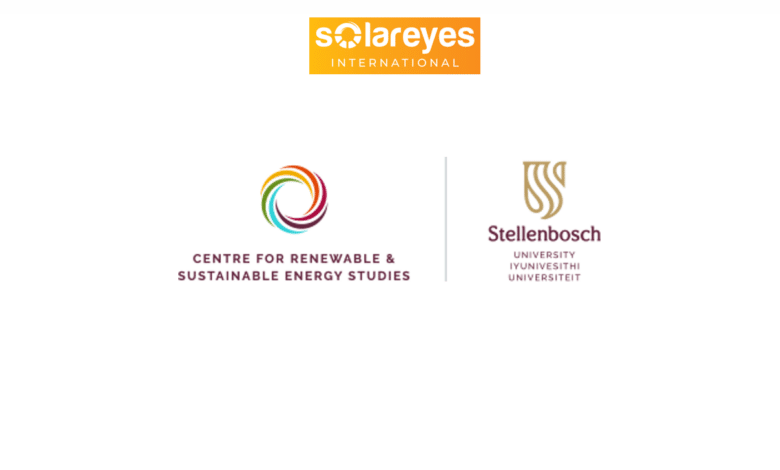
Postdoctoral Fellowship on Building Integrated Photovoltaic (BIPV) Carbon Footprint at University of Fort Hare
About The University of Fort Hare
The University of Fort Hare is a public university in Alice, Eastern Cape, South Africa. It was a key institution of higher education for Africans from 1916 to 1959 when it offered a Western-style academic education to students from across sub-Saharan Africa, creating an African elite.
About The Centre for Renewable and Sustainable Energy Studies (CRSES)
The Centre for Renewable and Sustainable Energy Studies (CRSES) at Stellenbosch University enables a sustainable future for Africa through world-class renewable and sustainable energy research, advisory services, awareness campaigns and training programmes.
It was established in 2007 to facilitate and stimulate activities in renewable energy studies and research at the world-class Stellenbosch University. We work in partnership with other universities and research entities within the National System of Innovation in South Africa.
The World Bank Group Young Professionals Program (YPP) 2024
Our mission
We facilitate cutting-edge research and development activities and human capacity development in renewable and sustainable energy, as well as in power systems studies, through the mobilisation and fair distribution of the appropriate resources from Stellenbosch University, government, industry, other universities, other organisations and other entities within the National System of Innovation.
We work to establish collaboration with other universities and research centres in South Africa and internationally. Read more about our collaborators here.
We aspire to reach as many people as possible through our various awareness programmes.
Our collaborative hub-and-spokes model
The distribution of CRSES research capacity and expertise is typically done through the hub-and-spokes model, with the hub focusing on funding, reporting and coordination, and the spokes representing paired institutions focussed on specific technologies.
Measuring our impact.
Since 2007, Stellenbosch University has made a significant contribution in the development of human capital and the generation of knowledge in renewable energy through the national research hub that is the Centre for Renewable and Sustainable Energy Studies (CRSES).
Together, we’ve forged important international collaborations, carried out pioneering research and hosted awareness programmes and events as we continue to build a decarbonised future for electricity generation in Africa. Here are a few areas in which we have shown a measurable impact.
CRSES strives to produce highly skilled scientists, engineers and academics who can compete successfully in the global knowledge economy. We do this through the training of interns, masters and PhD candidates, as well as short courses designed to help people stay abreast of today’s fast-changing engineering landscape.
From schools awareness programmes to symposia and conferences, CRSES provides the access and spotlight for thought leadership to shine. We’ve hosted 10 Renewable Energy Postgraduate Symposiums (REPS) and collaborated with various universities on six Southern African Solar Energy Conferences (SASEC) to date.
ESKOM Youth Employment Service (YES) X1 (Research- Testing -Development), Rosherville-Gauteng
We also realise that it’s imperative to raise children’s awareness of climate change and renewable energy. Since 2008, we’ve developed and shared free resources with teachers, in line with South Africa’s Curriculum and Assessment Policy Statement (CAPS).
Transforming markets to clean energy requires constant advocacy. Our thought leaders lend their voices at regular international conferences, and constantly work to improve the policies and practices which shape the energy system.
CRSES plays a coordinating role for a variety of renewable energy-related contract research projects where specialists from various disciplines participate in the fields of solar, wind, hydro, ocean, bio-energy and power systems. Our expertise includes grid integration and power systems, microgrids, renewable energy storage and energy efficiency.
Together with the Group for Solar Energy Thermodynamics (GSET) at the University of KwaZulu-Natal, CRSES initiated the establishment of this regional network of solar monitoring stations with the aim of becoming the resource for sun strength data in Southern Africa. The Southern African Universities Radiometric Network (SAURAN) aims to make high-resolution, ground-based solar radiometric data available from stations located across the Southern African region, including South Africa, Namibia, Botswana and Reunion Island.
CRSES is a proud partner of the Southern African Solar Thermal Training & Demonstration Initiative (SOLTRAIN). This initiative focuses on capacity building and demonstration of solar thermal systems in the SADC region. The aim of SOLTRAIN is to support target countries in changing from a largely fossil energy supply system to a sustainable supply structure based on renewable energy in general, and on solar thermal in particular. About 3 000 people have been trained in more than 100 training courses in the six partner countries since the beginning of the SOLTRAIN programme.
As one of South Africa’s top research-led universities, Stellenbosch University plays an important role in supporting the development of a vibrant renewable and sustainable energy industry in South Africa. The current research efforts coordinated by CRSES are done in collaboration with leading research groups across South Africa and the globe.
Affiliated with CRSES, STERG is a research group housed in the Department of Mechanical and Mechatronic Engineering. It was the first university research group in South Africa dedicated to solar thermal energy research. Its primary mission is to train students and deliver research outputs in Concentrating Solar Power (CSP).
STERG encourages multidisciplinary research activities and is presently expanding links with researchers in other departments and faculties. Together, we have established good links and cooperation with leading CSP research institutes worldwide.
Postdoctoral Fellowship on Building Integrated Photovoltaic (BIPV) Carbon Footprint at University of Fort Hare
The successful candidate will assess the carbon footprint of the existing Building Integrated Photovoltaic (BIPV) and other solar PV systems at the University of Fort Hare SolarWatt Park.
KEY RESPONSIBILITIES
• Continuous thermal and electrical performance assessment of the BIPV
• Develop a model and EPDs inventory of the BIPV for energy-use intensity simulation and carbon
footprint assessment
• Energy-use intensity and carbon footprint optimisation relative to sustainable building best practices
and standards
• Upscaling of optimised BIPV in the residential sector of South Africa
Enquiries and further details regarding this post, may be directed to Dr OK Overen via email:
Ooveren@ufh.ac.za. Applications must be sent to postdocs@ufh.ac.za and cc Dr OK Overen on or
before 30 September 2023. Please consider your application unsuccessful if you have not received feedback
within 3 weeks of the closing date.
FOLLOW US ON SOCIAL MEDIA
Follow us on LINKEDIN, FACEBOOK, TELEGRAM GROUP and WHATSAPP.
Pan African University(PAU) 2023-2024 Scholarship Applications: Masters and PhD Scholarships
